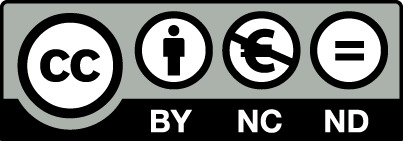Comparison of the Legislative Requirements Governing the 2014-2020 Programming Period and the 2021-2027 Programming Period in the Slovak Republic
Kristína JÁNOŠKOVÁ
https://doi.org/10.53465/EDAMBA.2023.9788022551274.74-81
Abstract. The programming period is a seven-year period in which the Member States of the European Union can draw funds for activities supported by the European Structural and Investment Funds. The institutional, procedural arrangements for the implementation of the European Funds within the Member States are regulated by European and national legislation. The paper aims to compare the 2014-2020 programming period and the 2021-2027 programming period in terms of the setup of processes resulting from national legislation. The comparison will be based on the comparison of Act 292/2014 on the Law on the and Law 121/2022 Coll. on contributions from European Union funds and on amendment and supplementation of certain acts. By analyzing the above-mentioned laws, we have found that from the institutional and procedural point of view, changes have been made in the setting of the new programming period. These changes could simplify the implementation of the European Structural and Investment Funds in Slovakia in the coming years.
Keywords: European Structural and Investment Funds, Programming Period, Legislation
JEL classification: R58, H70
Fulltext: PDF
Online publication date: 25 January 2024
ISBN: 978-80-225-5127-4
Publisher: University of Economics in Bratislava
Pages: 74-81
To cite this proceedings paper (STN ISO 690 and 690-2):
JÁNOŠKOVÁ, K. 2024. Comparison of the Legislative Requirements Governing the 2014-2020 Programming Period and the 2021-2027 Programming Period in the Slovak Republic. In PETROVSKÁ, F. (ed.). EDAMBA 2023: Conference Proceedings. Bratislava: University of Economics in Bratislava, 2024. ISBN 978-80-225-5127-4, pp. 74-81
https://doi.org/10.53465/EDAMBA.2024.9788022551274.74-81
License:

This work is licensed under a Creative Commons Attribution-NonCommercial-NoDerivatives 4.0 International License.